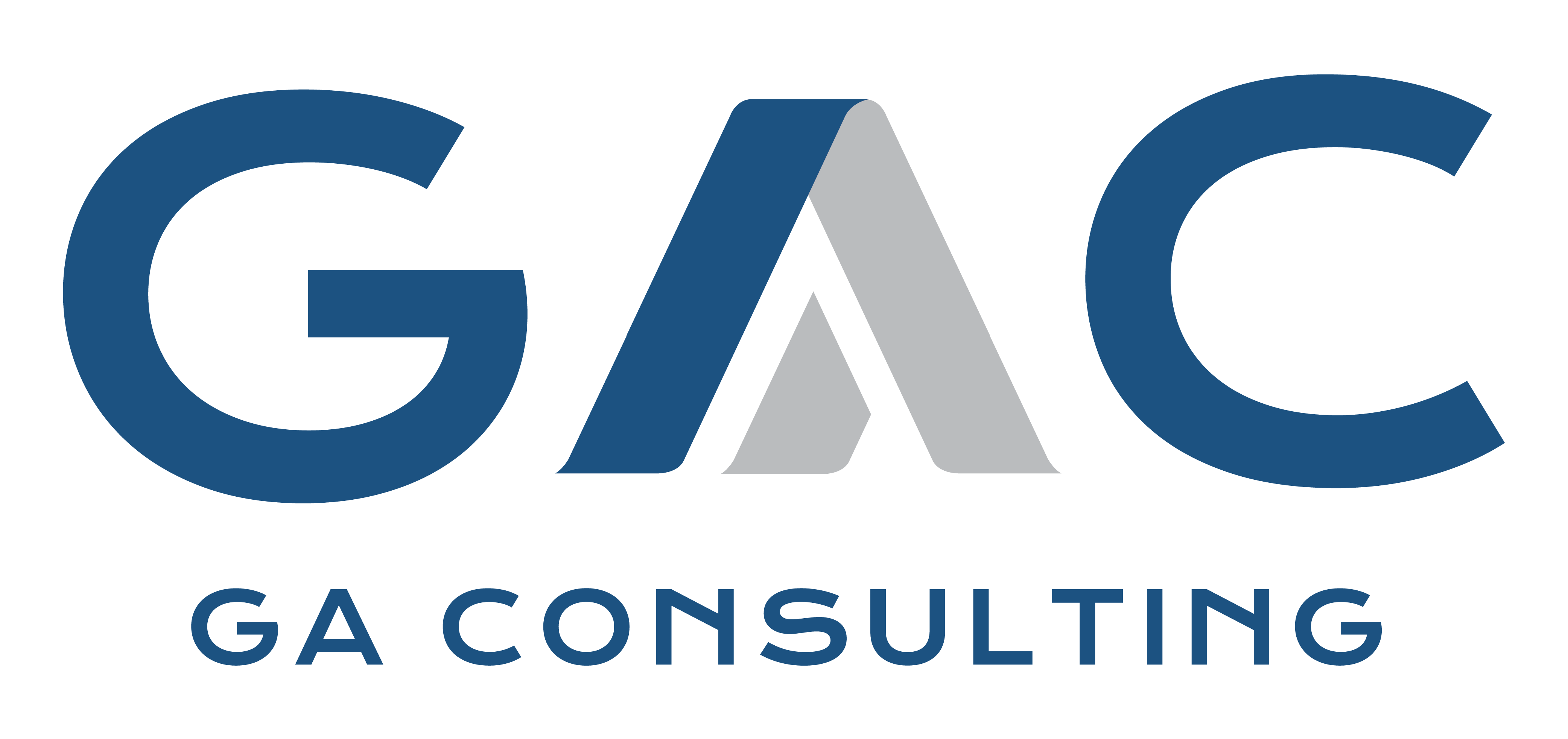For freelancers, managing finances can be challenging due to fluctuating income and varying expenses. To maintain control over your money and ensure financial stability, it’s essential to adopt effective budgeting techniques. In this blog, we’ll explore various budgeting strategies tailored specifically for freelancers, helping you make informed financial decisions and plan for the future.
Effective Budgeting Techniques Every Freelancer Should Know
1. Zero-Based Budgeting
Zero-based budgeting means allocating every dollar of your income to specific expenses, savings, or debt repayment until you have zero dollars left. This method ensures that all your income is purposefully used, helping you track and control every expense.
2. Pay Yourself First
The pay-yourself-first method prioritizes savings and investments before covering other expenses. Allocate a set percentage of your income to savings and investments right after receiving payment. This technique ensures you build wealth and avoid overspending.
3. The Half Payment Method
This method involves splitting regular payments into two smaller payments made throughout the month. For example, pay rent in two halves instead of one lump sum. It helps manage cash flow and reduces financial strain.
4. Future-Proof Budgeting
Future-proof budgeting focuses on long-term financial planning. Set aside funds for future goals like retirement, large purchases, or investments. This approach prepares you for future financial needs while managing current expenses.
5. 12-Month Rolling Budget
A 12-month rolling budget is updated monthly, incorporating the latest financial data. This approach allows you to adjust your budget based on actual income and expenses, thereby keeping your financial plan both relevant and accurate.
6. 5-Category Budgeting
Start by dividing your budget into five broad categories: essentials, savings, debt repayment, discretionary spending, and investments. This method simplifies budgeting by focusing on major spending areas while also ensuring a balanced allocation of funds.
7. The FIRE Method
The FIRE (Financial Independence, Retire Early) method involves aggressive saving and investing in order to achieve financial independence and early retirement. To implement this strategy, you should allocate a significant portion of your income to savings and investments, which will, in turn, lead to faster wealth accumulation.
8. Anti-Budgeting
Anti-budgeting involves tracking your spending without following a strict budget plan. Monitor expenses and adjust as needed. This flexible approach is useful for those who find detailed budgeting restrictive.
9. Balanced Money Formula
The balanced money formula divides your income into three categories: needs (50%), wants (30%), and savings (20%). This method helps you manage spending and savings in a balanced way, covering essential expenses while saving for the future.
10. Reverse Budgeting
Reverse budgeting starts with your savings goals and then allocates remaining income to expenses. Determine your savings target first, then budget for expenses based on the leftover amount. This ensures that saving is prioritized.
11. Envelope System
The envelope system uses physical or digital envelopes to allocate cash for specific spending categories. Once an envelope is empty, you cannot spend any more in that category for the month. This technique helps control discretionary spending.
Benefits of Adopting Budgeting Techniques for Freelancers
- Financial Stability: Provides a steady plan to manage irregular income and ensures funds during lean periods.
- Improved Cash Flow Management: Balances income and expenses effectively, covering both regular and unexpected costs.
- Enhanced Savings: This method actively encourages setting aside money for future goals, emergencies, and investments, ensuring you’re prepared for both planned and unexpected financial needs.
- Tax Preparation: Helps set aside funds for taxes, avoiding last-minute scrambles and ensuring readiness.
- Reduced Financial Stress: This method offers a structured plan, providing control and reducing money-related anxiety.
- Goal Achievement: It helps in planning and saving for long-term goals like retirement and major purchases.
- Expense Management: Additionally, it simplifies the process of tracking and controlling various expenses, effectively preventing overspending.
- Flexibility: It allows adjustments to the budget as needed, accommodating income changes and unexpected costs.
Take Control of Your Finances
Adopting effective budgeting techniques is crucial for freelancers to achieve financial stability and growth. By implementing these strategies, not only can you manage unpredictable income, but you can also streamline expenses and build a solid financial foundation. Furthermore, effective budgeting offers clarity and control over your money, reduces financial stress, and helps you prepare for taxes and future goals. So, start using these proven methods today to confidently navigate the ups and downs of freelancing and create a secure, prosperous financial future.

For More Tax and Freelancing Tips, follow us on TikTok, YouTube, Facebook, and Instagram.
To help you manage your taxes effectively, download our FREE Freelancers DIY BIR Registration and BIR Tax Compliance Guide. Use our Freelancer Income Tax Calculator and schedule a Free Tax Consultation Call to ensure you remain compliant.

